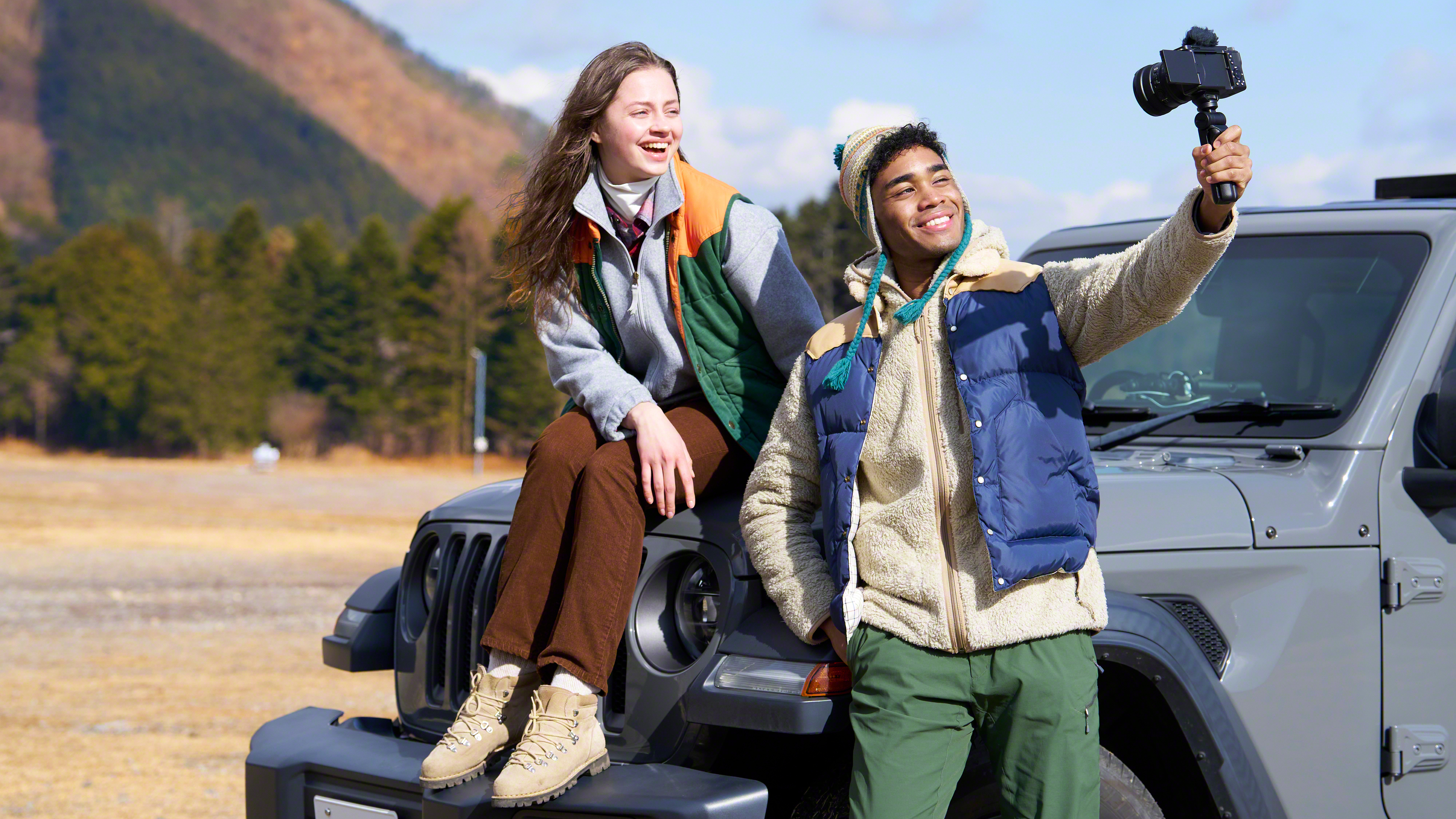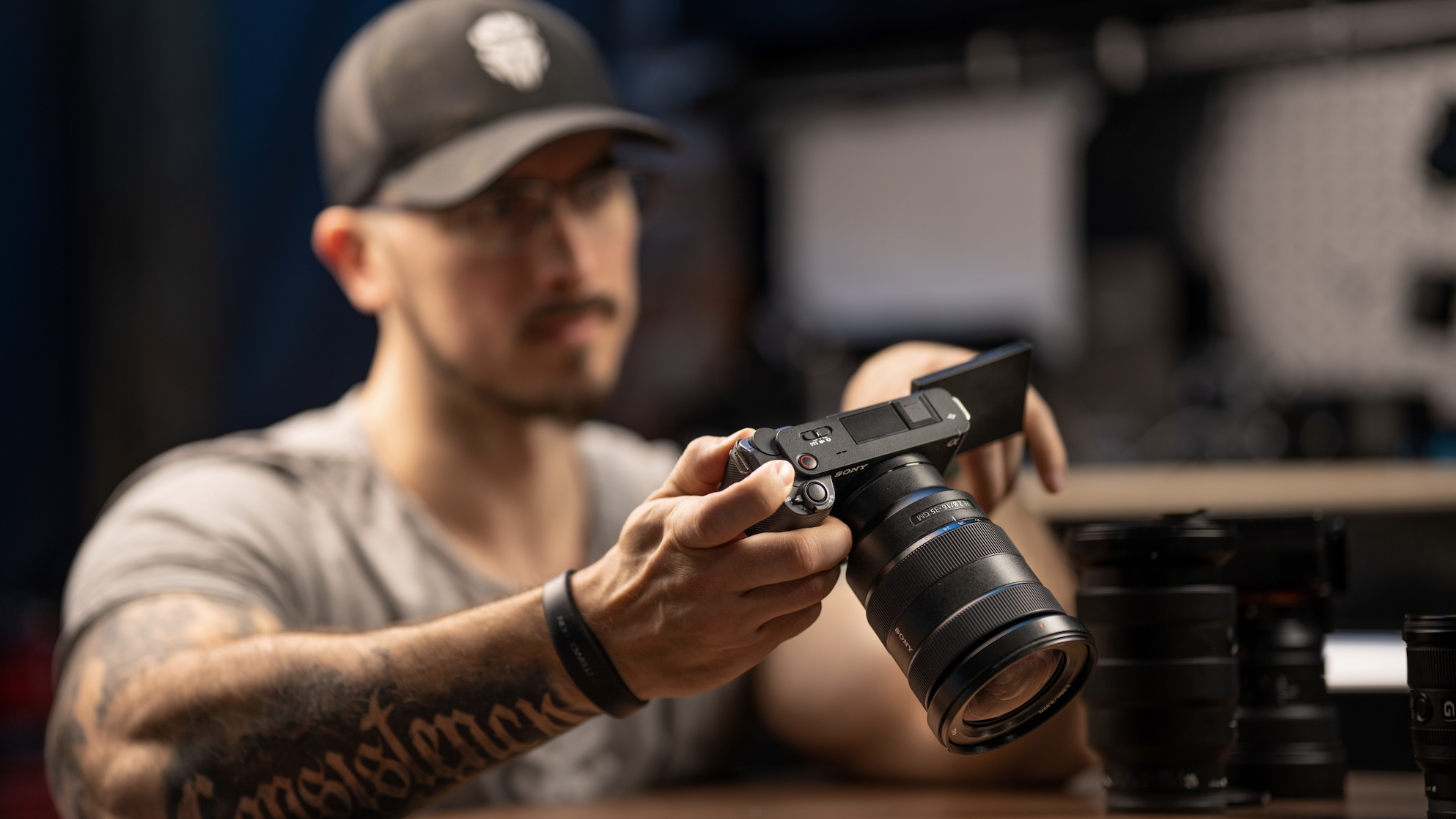
If you're a content creator then you've probably already heard about the Sony ZV-E1. It's a vlogging camera that's nice and easy to cart about given its size, despite housing a massive full-frame sensor inside for the utmost quality.
And now it's just received a major upgrade thanks to a free firmware upgrade that enables even higher-quality recording. It introduces 4K resolution at 120 frames-per-second, whereas previously this was capped at 60fps. The camera uses Long GOP inter-frame compression to make this possible.
It's not just a case of Sony doubling the delight for 4K shooters, though, as the Full HD (1080p) capture mode also gets a doubling of frame-rate potential: now FHD capture is possible at 240fps, which is ideal if you love shooting for additional slow-motion creative control in your post-production edits. This is added to the camera's "S&Q" (slow-motion/quick-motion) recording mode.

So how do you obtain this awesome ZV-E1 upgrade? Simply head to Sony's Creators Cloud website where you will be prompted to sign into your account. You'll need your camera's serial number in order to verify, but if you own multiple bodies then you're able to upgrade 10 of them (you big-in-the-game creator, you!). It's available right now, with downloads commencing from 28 June 2023.
And if you don't own the Sony ZV-E1 then why consider this full-frame camera as a potential purchase? There are plenty of reasons: in addition to its small scale, Sony's E-mount system is in place, offering access to heaps of top-tier lens potential matches, while an articulated 3-inch LCD screen makes capturing yourself in front of or behind the camera easily achievable.
Sony's dominance in the best full-frame cameras market has really gone from strength to strength over the years, and while I've not used the ZV-E1 with its upgraded firmware, it's easy to see why based on features. The only possible downside of this upgrade? Well, overheating is clearly a potential concern, but I suspect Sony has been fine-tuning this update to be best as possible, hence releasing it later than the camera's initial launch...







